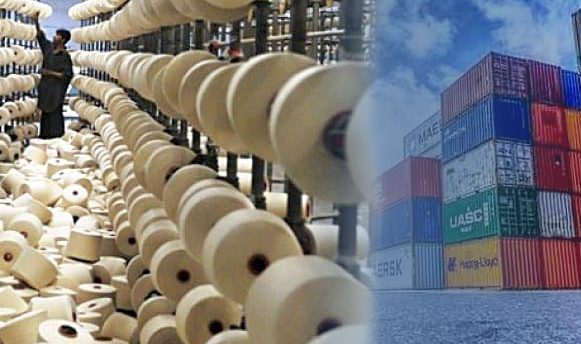
Pakistan’s 84 Major Textile Mills Declared Defaulters, Banned from Global Cotton Trade
- Business
- December 9, 2024
- No Comment
The International Cotton Association (ICA) has officially listed 84 major textile mills from the country as defaulters. This declaration effectively prevents these mills from sourcing cotton from international markets, further intensifying the challenges faced by the sector.
Despite a dire need for local cotton, domestic production has plummeted to just 5.2 million bales—a sharp 33% drop compared to the previous year, according to figures released by the Pakistan Cotton Ginners Association. This shortfall had been expected to boost local prices; however, a surge in cotton imports has kept prices low, leaving ginners and growers struggling to make ends meet.
Experts highlight multiple factors behind this crisis. While international cotton can be imported tax-free, domestically produced cotton is subject to an 18% sales tax, discouraging local mills from purchasing locally. This imbalance has led to reduced interest in domestic cotton, compounding the financial woes of growers and producers.
Chairman of the Cotton Ginners Forum, Ehsan-ul-Haq, revealed that the ICA’s move stems from unfulfilled contracts by these mills in recent years. He warned that this development could further erode confidence among cotton growers, potentially resulting in an even smaller cotton yield in the coming year.
Industry insiders are calling for immediate government intervention to address this crisis. Proposed measures include removing the tax disparity, incentivizing local cotton purchases, and ensuring financial discipline among textile mills to restore their credibility in global markets.
The current situation not only threatens the livelihood of thousands of farmers but also poses a significant challenge to Pakistan’s export-driven textile economy, which relies heavily on a stable and reliable cotton supply.







